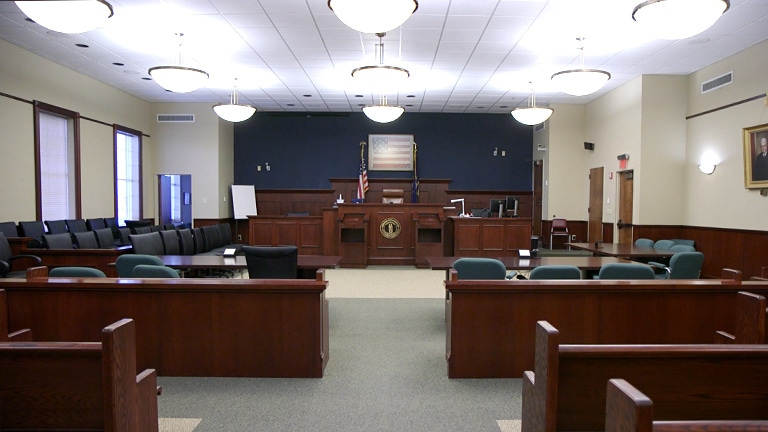
Jury duty, which court, and why does it matter?
Part 2 of a 3 Part Series on Kentucky Jury Duty. When you are summoned for jury duty, you will serve in one of three courts. Each court handles different matters, selects a different number of jurors, and varies in the length of the proceeding. I was selected for jury duty in Warren County District Court, where the court selects six jurors for a trial. This court handles city and county ordinances, misdemeanor charges, traffic offenses, probate, small claims under $2,500 and civil cases under $5,000. There are few jury trials in district court, and most last less than a day. You could be assigned to jury duty in Circuit Court which handles civil claims involving damages of $5,000 or more, divorces, and contested wills. Criminal cases in this court involve felony charges that have a jail sentence of over a year if the defendant is found guilty. The Circuit Court has a jury of 12 people.Both courts handle civil and criminal matters, but the outcomes are different.
The Commonwealth of Kentucky prosecutes a criminal case to punish someone for violating a law. The punishment differs based on the crime committed and could consist of a fine or jail time. A civil case is a dispute between two people and seeks compensation for the injured person through money or action.
An incident can create both a civil and criminal case. If you are injured by someone who commits a crime against you, the state will seek to punish the person for the wrongdoing. The same situation could also result in a civil case where you are seeking compensation for the damages caused by the incident. These damages might include money for hospital bills, wage loss, property damage, and pain and suffering.
The Grand jury is the third type of jury you could serve on. A grand jury is a little different; it does not issue a verdict. Instead, a grand jury decides whether to bring a formal criminal felony charge against an accused person. If you are on a grand jury, you are not judging the guilt or innocence of an accused. Instead, you are listening to evidence and determining whether there is probable cause to support criminal charges. Twelve people are selected to sit on the Grand jury, and they generally meet on a specific day every week to hear evidence and issue indictments.
Jury duty can be very different, depending on the court. Trials can last hours, days, or weeks. The cases could involve minor crimes or serious ones, and you may not have to decide the outcome, but whether the person should be charged with a crime. Check out my other post about how jurors are chosen and the role a juror plays in the trial.

